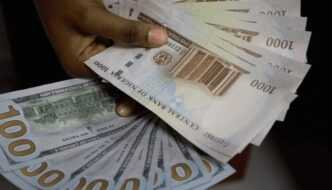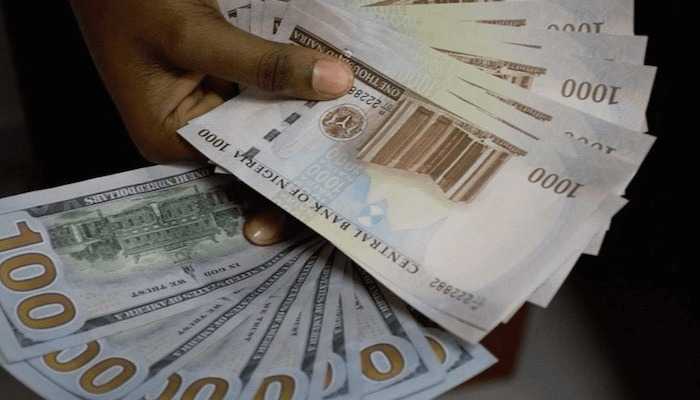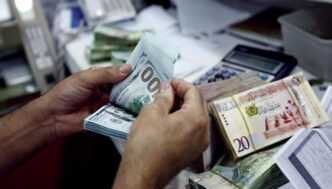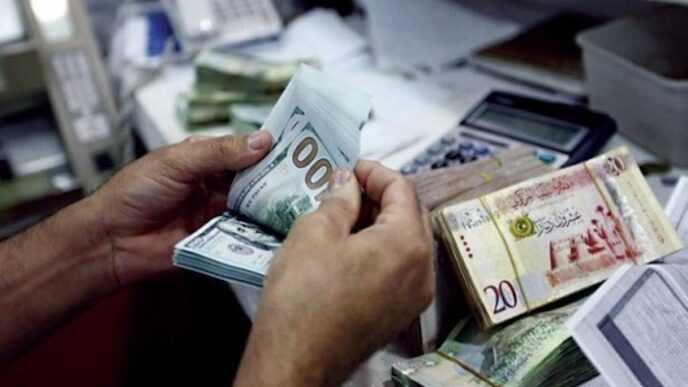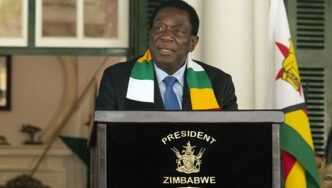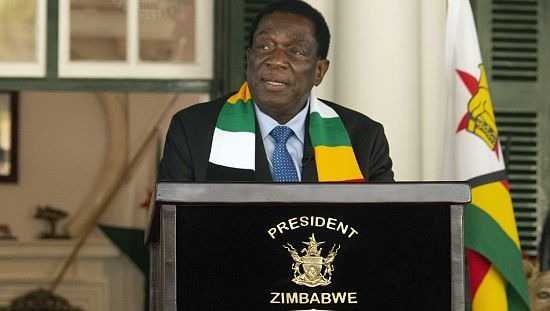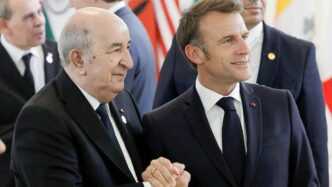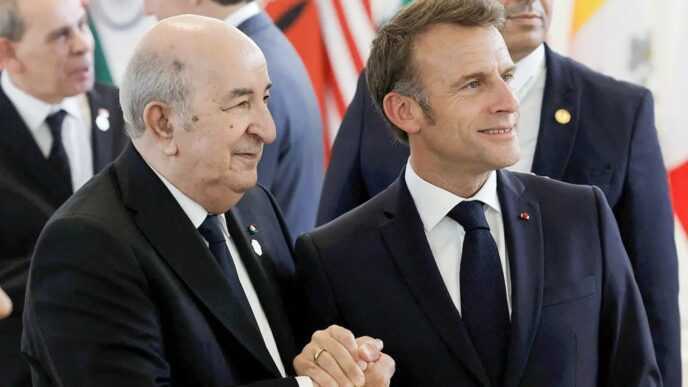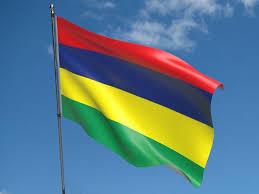Nigeria is currently undertaking a range of efforts to stabilize its currency, the Naira, which has faced significant volatility in recent months. These efforts are aimed at addressing the underlying economic factors that have contributed to the currency’s fluctuations and restoring confidence in the Nigerian economy.
The Central Bank of Nigeria (CBN) has raised interest rates by 150 basis points in an effort to curb inflation and has intermittently intervened in the foreign exchange market to manage supply. The government is also prioritizing investment in the agricultural sector to boost exports and reduce reliance on oil revenues. Nigeria’s inflation rate remains stubbornly high, currently hovering around 22%, putting pressure on household budgets. The country also faces a significant debt burden, with debt servicing consuming a large portion of government revenue. According to analysts at CardinalStone, these stabilization efforts face significant headwinds due to persistent dollar shortages.
The success of Nigeria’s currency stabilization efforts will have a significant and multifaceted impact on the country’s economy. Firstly, stabilizing the Naira is crucial for controlling inflation. A volatile currency fuels inflation, as businesses factor in potential exchange rate losses when pricing goods and services. A stable Naira would help curb inflationary pressures, making goods more affordable for consumers and easing the burden on households.
Secondly, currency stability is essential for fostering international trade. A predictable exchange rate reduces the risk and uncertainty associated with importing and exporting goods, encouraging businesses to engage in international commerce. This can boost Nigeria’s export revenues and improve its trade balance.
Furthermore, a stable currency is a key factor in attracting foreign investment. Investors are more likely to invest in a country with a stable and predictable exchange rate, as it reduces the risk of currency-related losses. Increased foreign investment can create jobs, stimulate economic growth, and improve Nigeria’s overall competitiveness.
Finally, stabilizing the Naira will improve the overall perception of Nigeria in the international community. A stable currency is seen as a sign of economic stability and good governance, which can enhance Nigeria’s reputation and attract positive attention from investors, tourists, and international partners. This, in turn, can create a virtuous cycle of economic growth and development. A negative perception can deter foreign investment and hurt the economy.
The question now is: Will these measures prove effective in stabilizing the Naira and creating a more sustainable economic environment for Nigeria? The outcome will have far-reaching consequences for the country’s future. A stable economy is key to future growth.
Read also: Nigeria Secures Over 1M Meningitis Vaccines from Gavi
